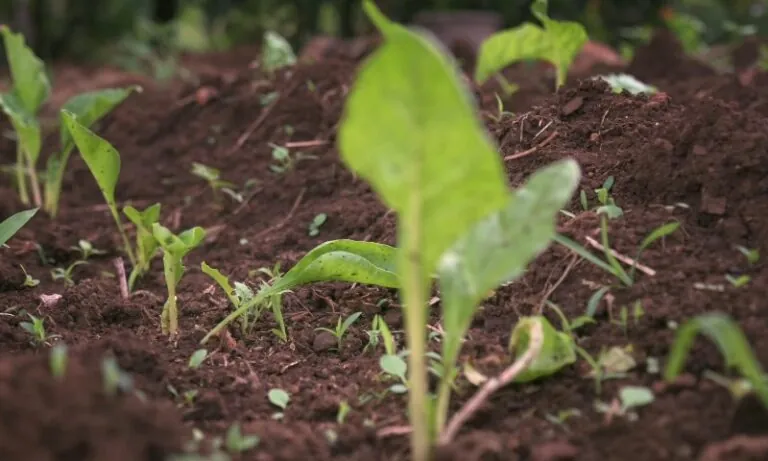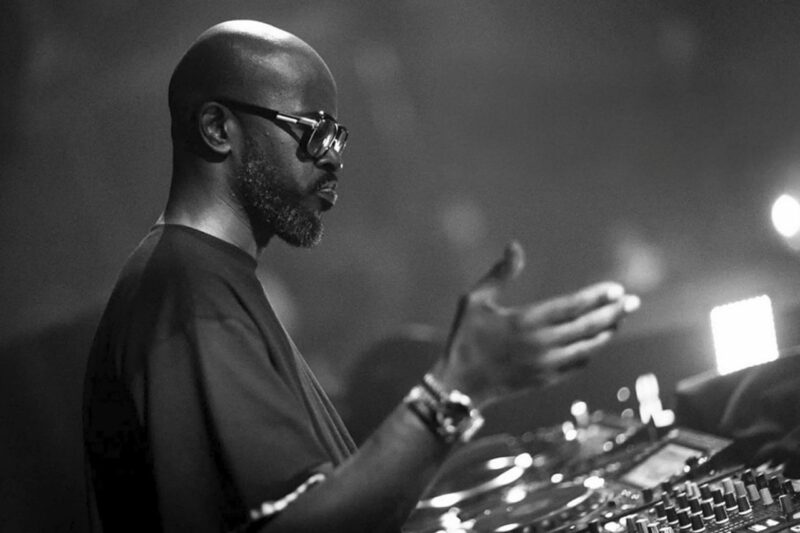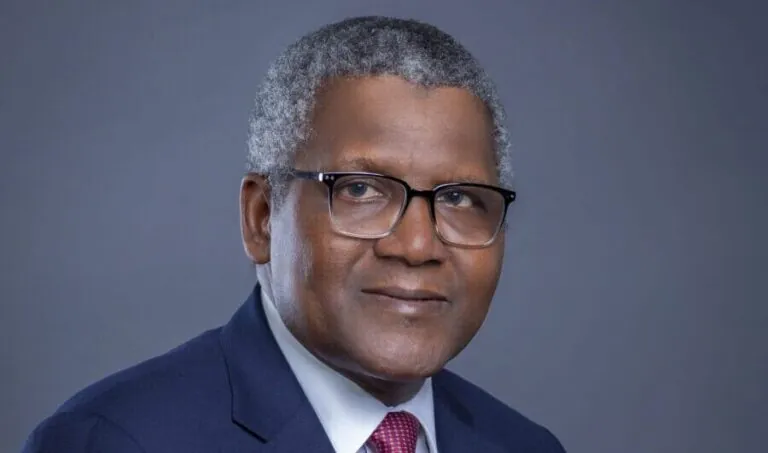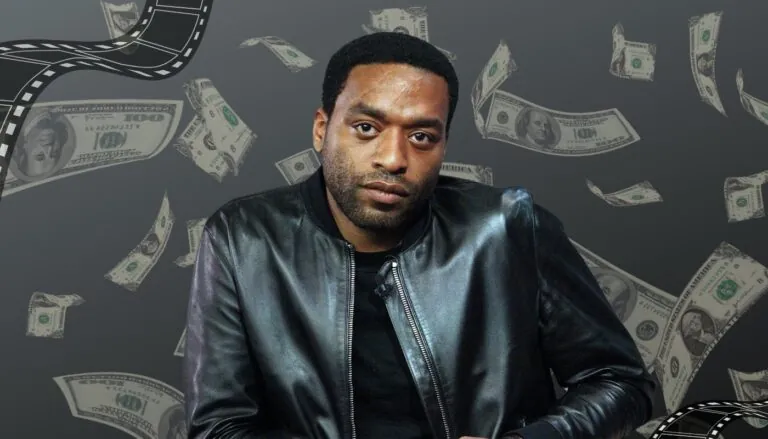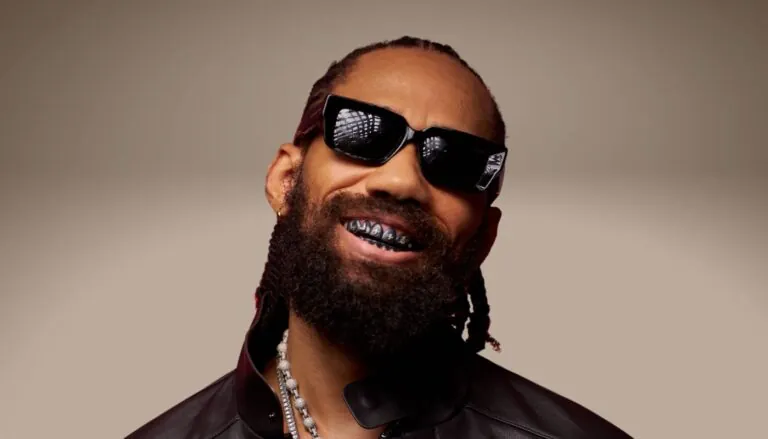Music in South Africa is business, culture, and legacy. From dusty township stages to global arenas, South African musicians have built empires through raw talent, smart partnerships, and serious hustle.
As of 2025, some of the country’s top performers are worth millions, and their success isn’t just tied to the microphone. Real estate, endorsement deals, fashion lines, liquor brands – these artists know how to turn rhythm into revenue.
Let’s look at who’s sitting at the top when it comes to musical wealth in South Africa, how they got there, and what sets them apart.
| Rank | Musician | Net Worth (USD) | Net Worth (ZAR) | Genre |
| 1 | Black Coffee | $60 million | R1.1 billion | House |
| 2 | Steve Hofmeyr | $15 million | R273 million | Afrikaans Pop |
| 3 | AKA | $12 million | R218 million | Hip-Hop |
| 4 | Die Antwoord | $10 million | R182 million | Alternative Hip-Hop |
| 5 | Cassper Nyovest | $9.8–$15 million | R178–R273 million | Hip-Hop |
| 6 | Rebecca Malope | $5 million | R91 million | Gospel |
| 7 | Juanita Du Plessis | $3 million | R54 million | Afrikaans Pop |
| 8 | Nasty C | $3.7 million | R67 million | Hip-Hop |
| 9 | DJ Euphonik | $2.5 million | R45 million | House |
| 10 | DJ Sbu | $2 million | R36 million | Kwaito / House |
The South African music industry is booming, valued at over R2 billion by 2023, and it’s not just because of catchy hooks or viral moments. It’s about strategy. It’s about knowing when to start a label, where to put your money, and how to stay relevant without losing your roots.
For comparison, industries like online gaming follow similar entrepreneurial playbooks; see SA CasinoHEX for detailed case studies.
1. Black Coffee
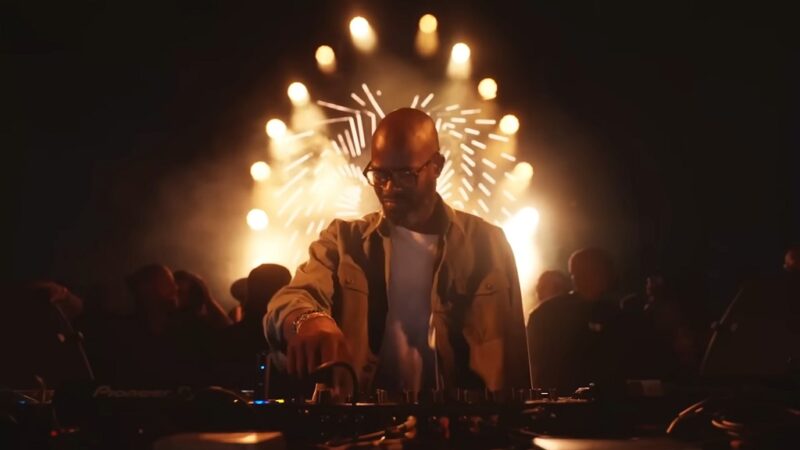
Black Coffee isn’t just a DJ. He’s a brand, a movement, a global icon of South African house music. Born Nkosinathi Innocent Maphumulo in Umlazi, Durban, he kicked off his career in the early 2000s and has been steadily dominating the scene ever since. What helped him climb to a $60 million fortune? Global tours, Ibiza residencies (with rates reportedly around €400,000 per set), a Grammy win, collaborations with international stars like Drake, and his record label Soulistic Music. He also knows where to put his money, owning property in both Johannesburg and the U.S. In 2023, he made history by selling out Madison Square Garden. Not many DJs from anywhere can say that. One of the most polarizing figures in South African entertainment, Steve Hofmeyr has been a consistent best-seller in the Afrikaans music market. Over 30 albums, multiple awards, acting gigs, and a loyal fanbase have kept his bank account growing for decades. But his controversies, particularly around race and LGBTQ+ issues, have taken a toll. Platforms like MultiChoice cut ties with him in 2019, shrinking his reach. Still, his books, concerts, and album sales continue to pull in money. A true pioneer of South African hip-hop, AKA was a giant in life and remains one after his tragic death in 2023. His lyrical flow, charisma, and business mind made him one of the highest-earning artists in the country. He wasn’t just about the music. AKA launched brands, ran a record label, and locked down endorsement deals with names like Cruz Vodka and Reebok. His final album, Mass Country, became a posthumous hit.
Genre: House
Money Makers
2. Steve Hofmeyr

Genre: Afrikaans Pop/FolkMoney Makers
3. AKA (Kiernan Forbes)
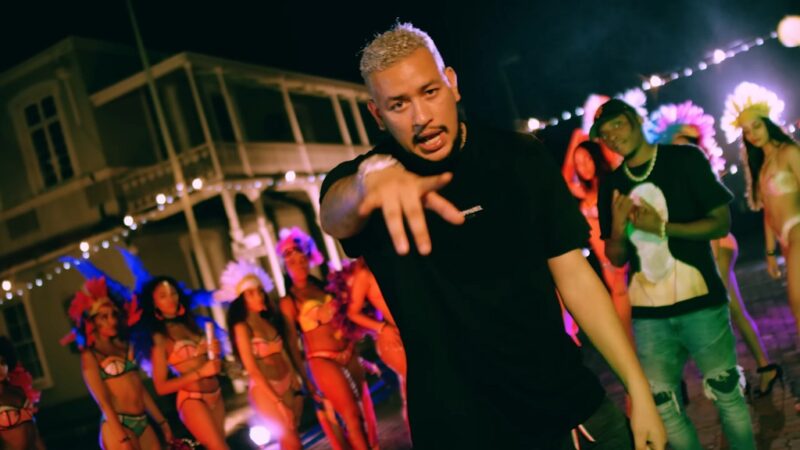
Genre: Hip-HopMoney Makers
4. Die Antwoord
Love them or hate them, Die Antwoord knew how to grab attention and monetize it. The Cape Town duo, Ninja and Yolandi Visser, exploded onto the international scene in 2010 with Enter the Ninja. Their bold, bizarre style and embrace of “zef” culture pulled fans worldwide. They dropped Interscope Records and launched Zef Recordz, giving them control and bigger profits. Their music videos racked up hundreds of millions of views, and they even starred in Chappie, a Hollywood sci-fi flick. Cassper Nyovest is one of those artists who turned fame into an empire. The Mahikeng-born rapper didn’t just drop hits like Doc Shebeleza or Refiloe; he built a business around his name. He founded Family Tree Records and launched brands like Billiato (liquor), Root of Fame (fashion sneakers), and partnered with Drip Footwear. He even sold out The Dome, the first local artist to do it. And let’s not forget his luxury car collection, including a McLaren GT and Rolls-Royce Wraith. No list is complete without the Queen of Gospel. Rebecca Malope has released over 35 albums and sold more than 10 million copies. That kind of longevity doesn’t come by chance. Her music touches hearts, and her name carries weight across generations. She also hosted It’s Gospel Time for 15 years and was awarded the Order of Ikhamanga for her role in promoting South African music. Juanita Du Plessis built her fortune through consistency. Since her debut in 1998, she’s sold over 2.4 million albums and stayed at the top of the Afrikaans charts for years. Her work earned her the Huisgenoot Tempo Award for Most Popular Female Artist seven times in a row. She’s a TV host, a touring machine, and a household name in Afrikaans homes. Still only in his late 20s, Nasty C has already stacked up millions. Born Nsikayesizwe Ngcobo, his 2016 album Bad Hair made waves across Africa. International features with T.I and Justin Bieber took him to new heights. He’s also signed to Def Jam, giving him a U.S. foothold that most South African rappers only dream of. He’s young, strategic, and one of the most globally marketable names in African hip-hop. Euphonik isn’t just mixing beats, he’s flipping real estate. With 14 properties in Johannesburg, he’s one of the few artists whose business savvy has expanded far beyond the music booth. His collabs with names like Skrillex and Swedish House Mafia have given him international credibility. And his presence on major radio stations (like Metro FM) cemented his spot in South Africa’s house music legacy. Sbusiso Leope, better known as DJ Sbu, came from the Kwaito group TKZee and built himself into a multimedia personality. He hosted radio shows, launched MoFaya energy drink, and remained one of the most recognized faces in SA entertainment. Though MoFaya had its hurdles, Sbu kept pushing. He’s known for motivating youth and supporting community entrepreneurship. Across the board, there are a few recurring streams of income that South Africa’s wealthiest musicians have tapped into: The South African music industry is booming, valued at over R2 billion by 2023, and it’s not just because of catchy hooks or viral moments. It’s about strategy. It’s about knowing when to start a label, where to put your money, and how to stay relevant without losing your roots. Black Coffee might be leading the pack, but from Nasty C’s global grind to Malope’s gospel empire, each of these musicians built their fortune in a way that reflects their genre, audience, and hustle. For young artists coming up, they’re roadmaps to building long-term wealth through creativity and business. Also Read: Richest Musicians in Nigeria
Genre: Alternative Hip-Hop / ZefMoney Makers
5. Cassper Nyovest
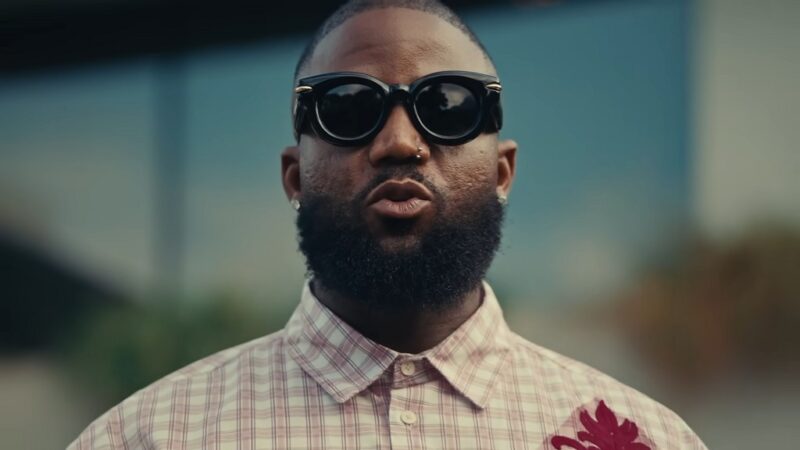
Genre: Hip-Hop
Money Makers
6. Rebecca Malope
Genre: GospelMoney Makers
7. Juanita Du Plessis

Genre: Afrikaans PopMoney Makers
8. Nasty C
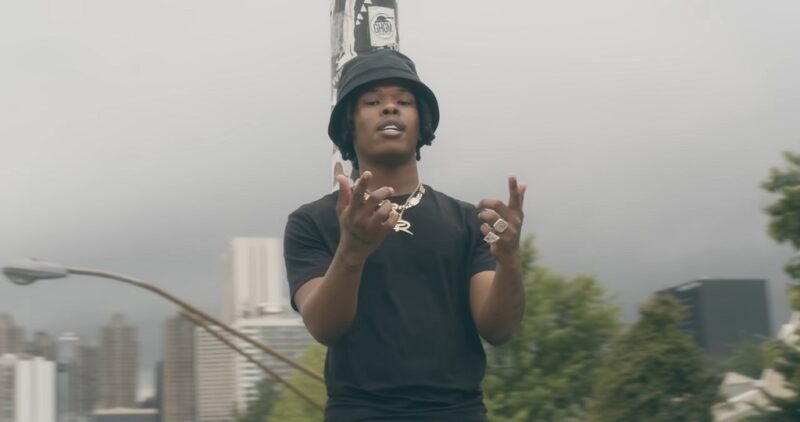
Genre: Hip-HopMoney Makers
9. DJ Euphonik (Themba Nkosi)
Genre: HouseMoney Makers
10. DJ Sbu
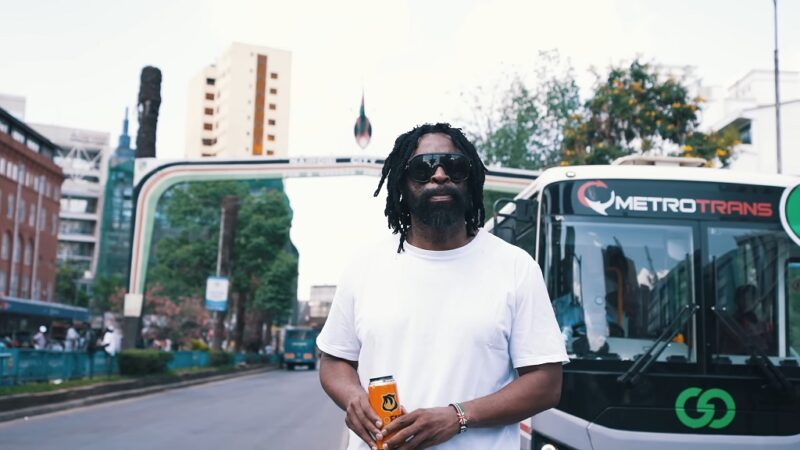
Genre: Kwaito / HouseMoney Makers
Where the Money Comes From
Summary





